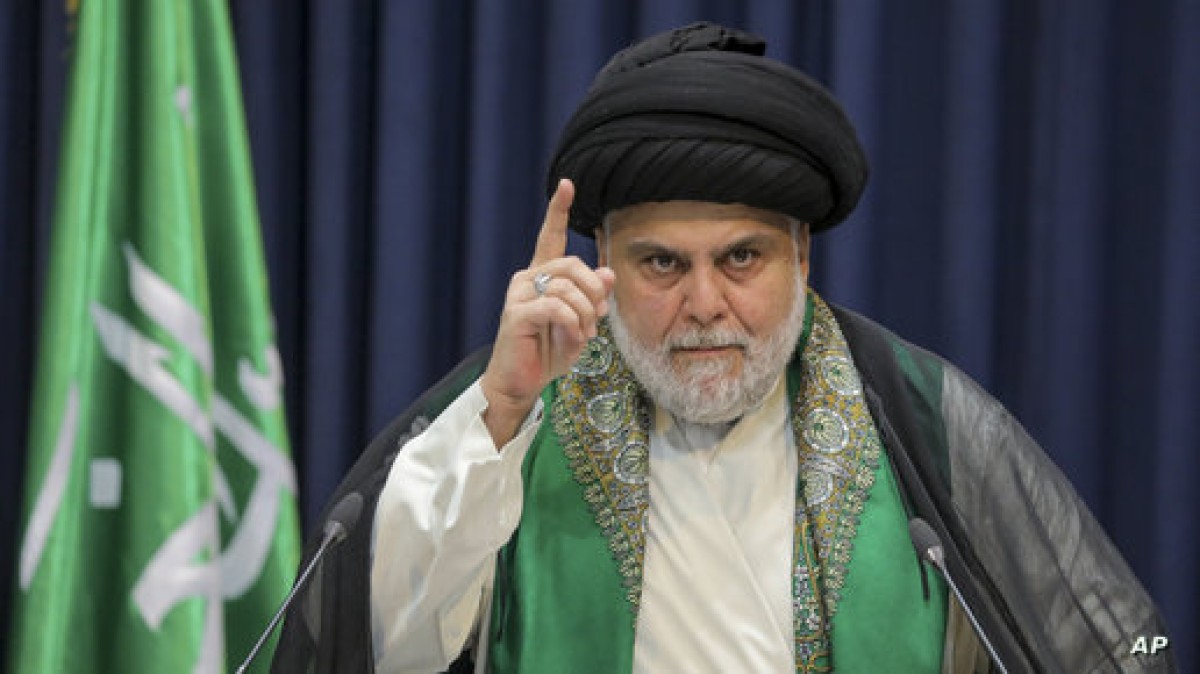Al-Sadr calls for non-interference in Syria... and Hezbollah pledges to support Assad


Iraqi Shiite leader Muqtada al-Sadr on Thursday called on the Iraqi government and armed factions to "not interfere" in what is happening in Syria, while the Lebanese Hezbollah pledged to support Assad, coinciding with factions opposing the Syrian regime taking control of two of the country's largest cities.
Al-Sadr stressed in a post on the “X” platform “the necessity of the Iraqi government and people and all parties, militias and security forces not interfering in Syrian affairs, as some of them had previously done,” calling on “the government to prevent them from doing so and to punish everyone who violates peaceful security.” And the ideological.”
In contrast, Hezbollah Secretary-General Naim Qassem said Thursday that his party will stand alongside its ally Syria to “thwart the goals” of the attacks of the factions that within days were able to control Aleppo and Hama.
Since 2013, two years after the outbreak of the conflict, Hezbollah has been fighting openly in Syria in support of the Syrian army. He was among several groups loyal to Tehran that fought the opposition factions, and were able to tip the scales in their favor on several fronts.
With the fighting largely stopping, the number of Hezbollah fighters in Syria declined, especially in recent months due to the impact of the war in Lebanon. The party maintains a military presence in the border areas between Lebanon and Syria, and in the areas of influence of groups loyal to Tehran in eastern Syria, in addition to the vicinity of Damascus.
The military advance of the factions in Aleppo Governorate came in an area where groups loyal to Tehran, most notably Hezbollah, had widespread influence, before they successively evacuated a number of their positions during the past few months, in the wake of the open confrontation between the party and Israel in Lebanon.
Syrian activists and opposition members hold Hezbollah responsible for expelling them from their areas, after its fighters fought fierce confrontations against opposition fighters on several fronts, which led to opposition factions losing their strongholds and the evacuation of tens of thousands to the northwest of the country.
The party mainly receives money and weapons from Iran, and Syria has always facilitated the transfer of its weapons and ammunition.
Since September, in the wake of its war in Lebanon, Israel has significantly intensified its strikes on Syria, mainly targeting the movements of Hezbollah fighters. It repeatedly bombed border crossings that it said the party was using to "transport combat means" from Syria to Lebanon.